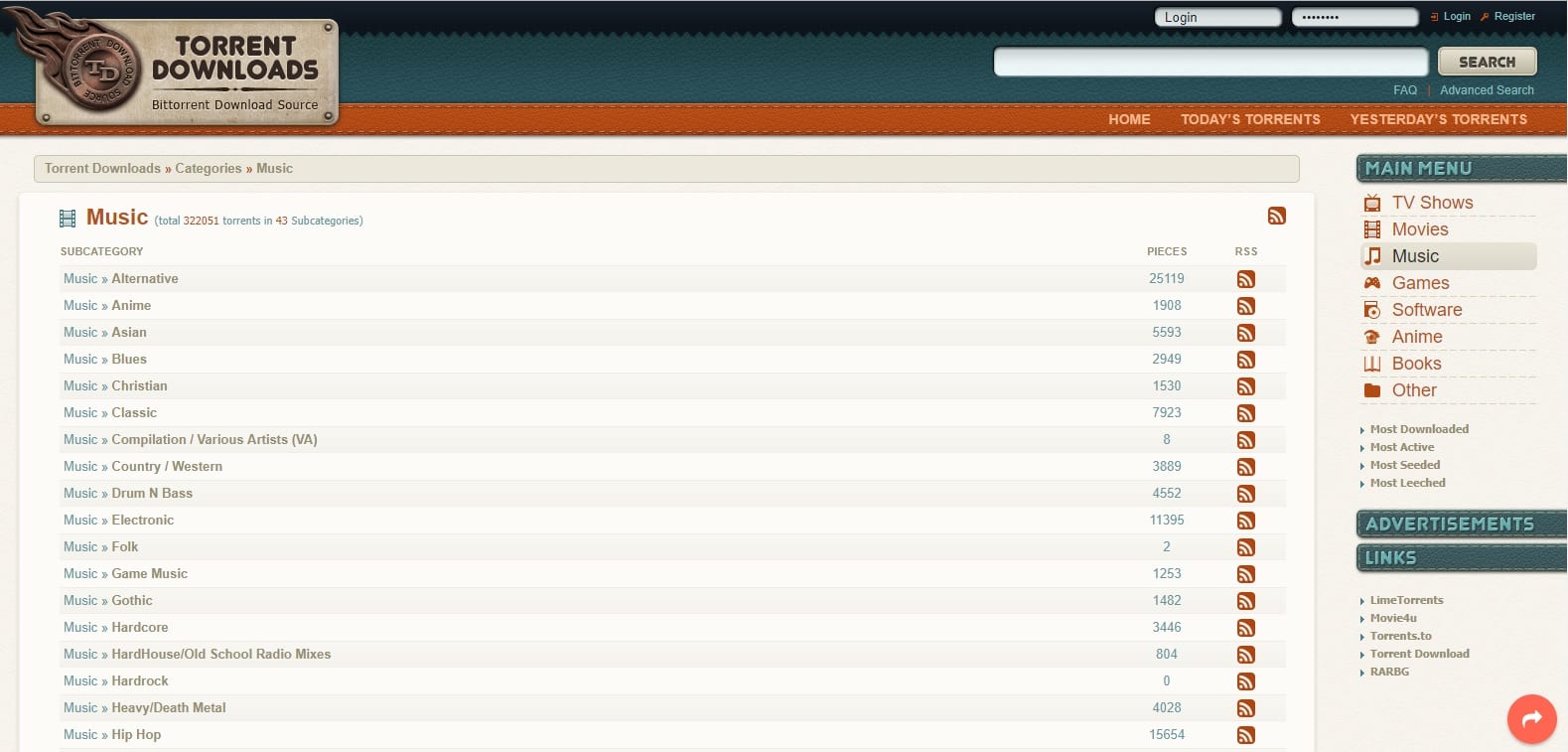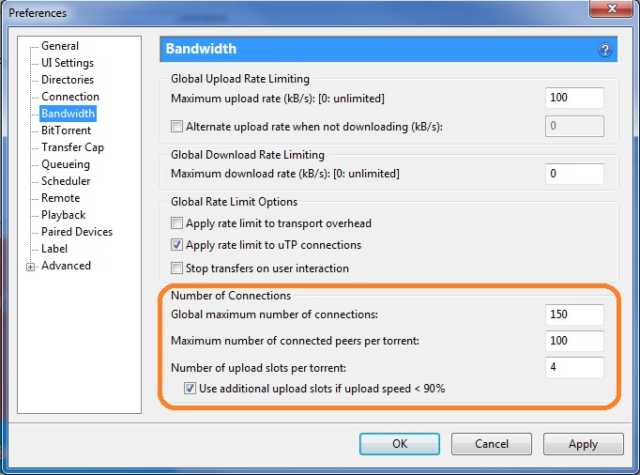

The job of this tracker is to show the torrent client “ who has what“.

Each torrent file is divided into many pieces. The tracker “shows” the BitTorrent software what are the peers that have the complete file, which ones have the parts you need, and which ones need the parts you have. It also stores which parts of that file each peer owns.

This tracker stores information related to the torrent file, such as the IP address of each user (peer) that has this file. It’s simple, every torrent file you download is connected to a tracker. Each IP is linked to a person who has a contract with an Internet Service Provider. It is very simple to identify these users. They are both novice and resource-friendly but don’t skip out on some of the more useful options for advanced users.By exploring the features of your BitTorrent client, such as uTorrent, you can see how easy it is to identify who is sharing the same torrent file.Īs you can see in the following screenshot, each user’s IP is visible. Transmission is installed by default on Ubuntu and many other Linux distributions, and the Mac version runs extremely well and has Growl support. uTorrent is a powerhouse of an app, and easily one of the lightest to run on Windows. There’s no lack of free, feature-packed BitTorrent clients, but we strongly recommend uTorrent (for Windows) and Transmission (for Mac OS and Linux). Because of this, it’s important that you choose a client you trust as well as a client that performs amiably. While the tracker gives instructions on what to do and how to connect, it’s the client that actually does the heavy-lifting. The client’s job is to manage your torrents, actually connect to other peers, manage statistics on your end, and, of course, download and upload. The other side of the BitTorrent equation can be found on your local computer: a client. In general, the best experience comes from a private tracker with a strong community, so be sure to look around and see if you can’t find one that suits your tastes. “Public” trackers usually don’t require registration, or if they do, it’s free and always open. Public vs Private TrackersĪnother aspect of trackers are whether they are public or private-the “Private” trackers are based on membership, so only registered users can download, upload, and/or have access to perks like additional downloads. As such, it’s generally good practice to seed at least as much as you download. If you disable uploading and you only download, you’re referred to as a “leecher,” and aside from its ethical misgivings it can lead to being banned from the tracker. Once you’re done downloading, you become a “seeder” and you continue to upload to other peers.


 0 kommentar(er)
0 kommentar(er)
